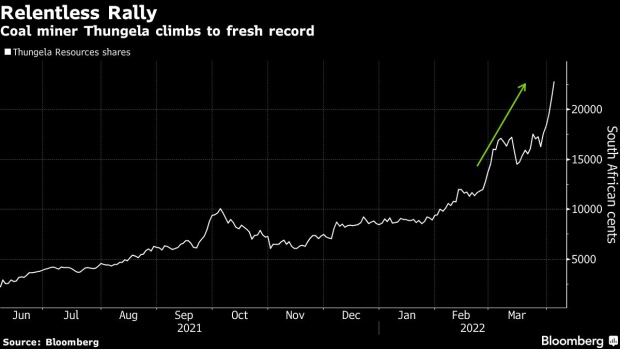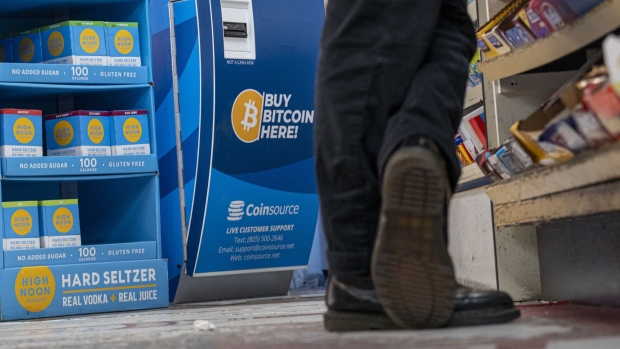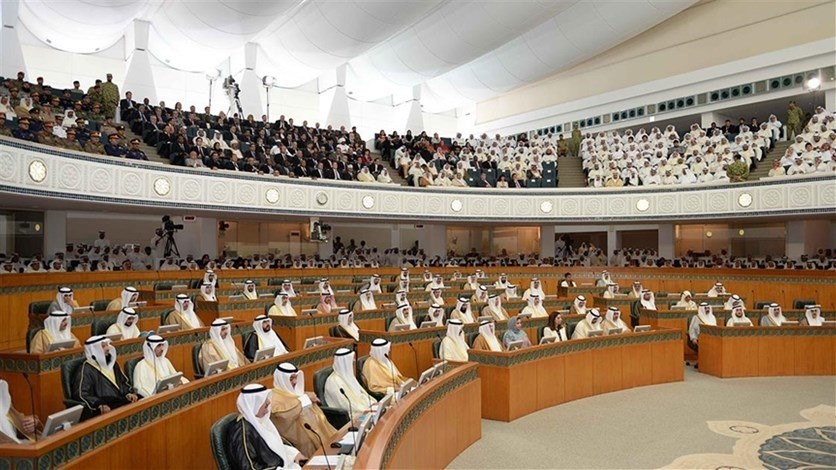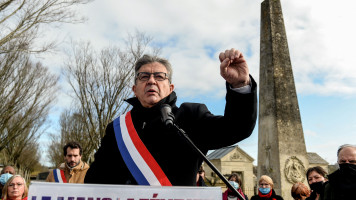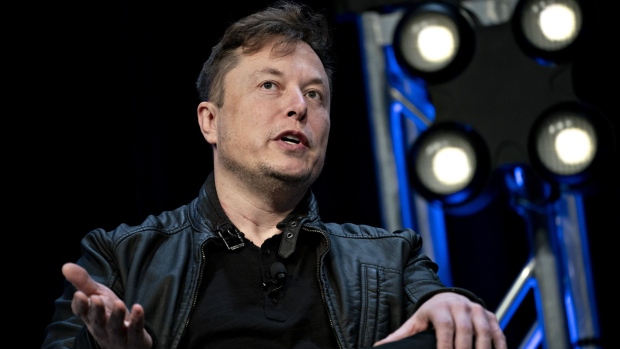(Bloomberg) -- Los Angeles mayoral candidate Kevin de Leon, the city councilmember whose district spans Skid Row and has by far the city’s biggest homeless population, said money is available to provide shelter to the unhoused but that implementation has been lacking.
Los Angeles had more than 41,000 homeless in 2020, one of the biggest populations of any U.S. city and a number that likely increased during the pandemic. Public frustration and insecurity has mounted as the garbage-strewn encampments foster a sense of lawlessness, according to voter surveys in the nation’s second-largest city, where a dozen candidates are vying to replace outgoing Mayor Eric Garcetti.
De Leon’s rivals, including U.S. Representative Karen Bass and Rick Caruso, a billionaire real estate developer, have said a state of emergency is needed to address the blight.
“A state of emergency won’t give you nothing,” de Leon said in an interview at Bloomberg’s Los Angeles bureau on Monday. “It just sounds good politically.”
Last year, the city council adopted de Leon’s goal to create at least 25,000 housing units for the homeless by 2025, a plan he said is possible by deploying available funding from federal, state and local sources outside the city’s general fund. The cost of housing can be slashed by converting vacant hotel rooms or building small units on unused government land, he said. In 2016, Los Angeles voters approved a $1.2 billion bond to build 10,000 supportive housing units. The program has been beset by slow progress and soaring costs, with the average price per unit running at almost $600,000.
De Leon cited a tiny home community with 226 beds in his district and the clearance of an encampment in the Little Tokyo area last month as examples of his personal success in battling the problem.
“What I’ve been doing in my district is what I want to do for the rest of the city of LA,” he said.
On public safety, he criticized rivals who want to add as many as 1,500 police officers to the LAPD, arguing they’d need to raise taxes or drastically cut city services such as librarians to pay the bills. He proposed using social service workers rather than uniformed officers to deal with mental health issues and other disturbances that take up police time.
He proposed creating a city health agency to better serve the heavily immigrant and minority population, whose needs he said have been overlooked by the Los Angeles County Department of Public Health. The current system failed during the Covid-19 pandemic to protect Angelenos who couldn’t work remotely and live in multi-generational households with higher infection and death rates, he said.
“As someone who has that shared experience when it comes to poverty, someone who has that shared experience when it comes to having an immigrant mother -- I don’t have that blind spot,” he said.
The son of Guatemalan immigrants, de Leon is courting minority voters in his quest for the mayor’s job. Hispanics comprise 47% of the 4 million residents of the city of Los Angeles, followed by 29% White, 12% Asian and 8.6% Black, according to 2020 U.S. Census data.
He was “statistically tied” with Bass in a February survey by Loyola Marymount University that was released before Caruso officially entered the race. It also showed more than 40% of voters were undecided. Hispanic voters often decide late in the race and are likely to turn out at a higher rate this year compared with past mayoral campaigns, when voting was held separately from general elections, trends that could help de Leon, according Fernando Guerra, director of Loyola Marymount’s Center for the Study of Los Angeles, which conducted the poll.
“There’s a path for him to win,” Guerra said.
De Leon grew up in Southern California and Mexico and was the first member of his family to graduate from high school. He worked as an organizer for immigrant and labor groups before being elected to the California Assembly in 2006. He served as a state lawmaker until 2018, the last four years as president pro tempore of the state senate.
In 2018, he lost to to Dianne Feinstein, a fellow Democrat, in the race for senator. He was elected to the city council in 2020, replacing Jose Huizar, who faces federal corruption charges.
De Leon lined up endorsements from several Latino political leaders. A notable exception: Antonio Villaraigosa, who in 2005 was elected as the city’s first Latino mayor in 130 years, has announced his support for Bass.
Garcetti, who has declined to endorse a candidate, has been nominated as U.S. ambassador to India and he’s ineligible to run because of term limits. The primary election for the non-partisan seat is June 7 and the general election Nov. 8.
©2022 Bloomberg L.P.
